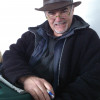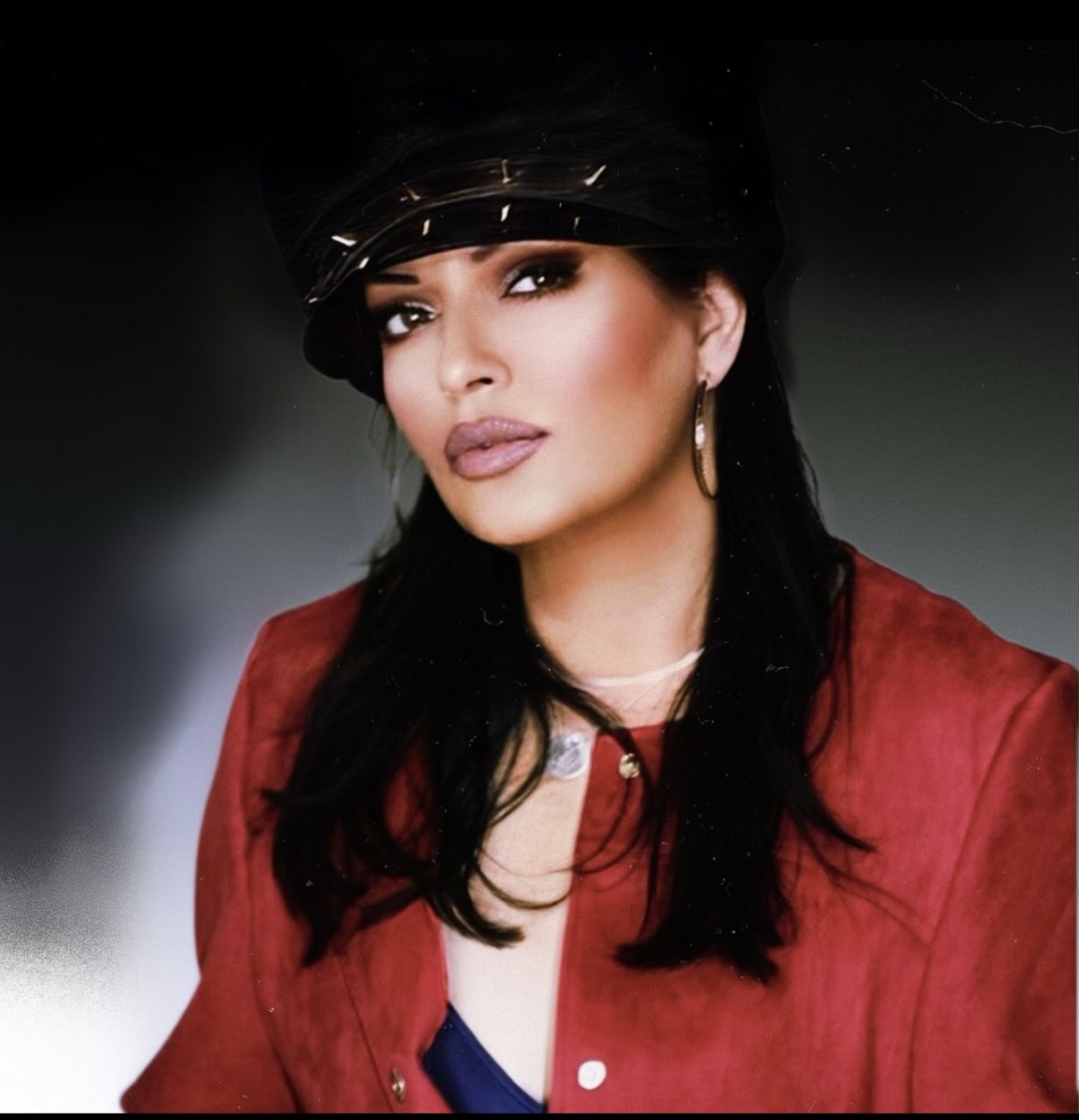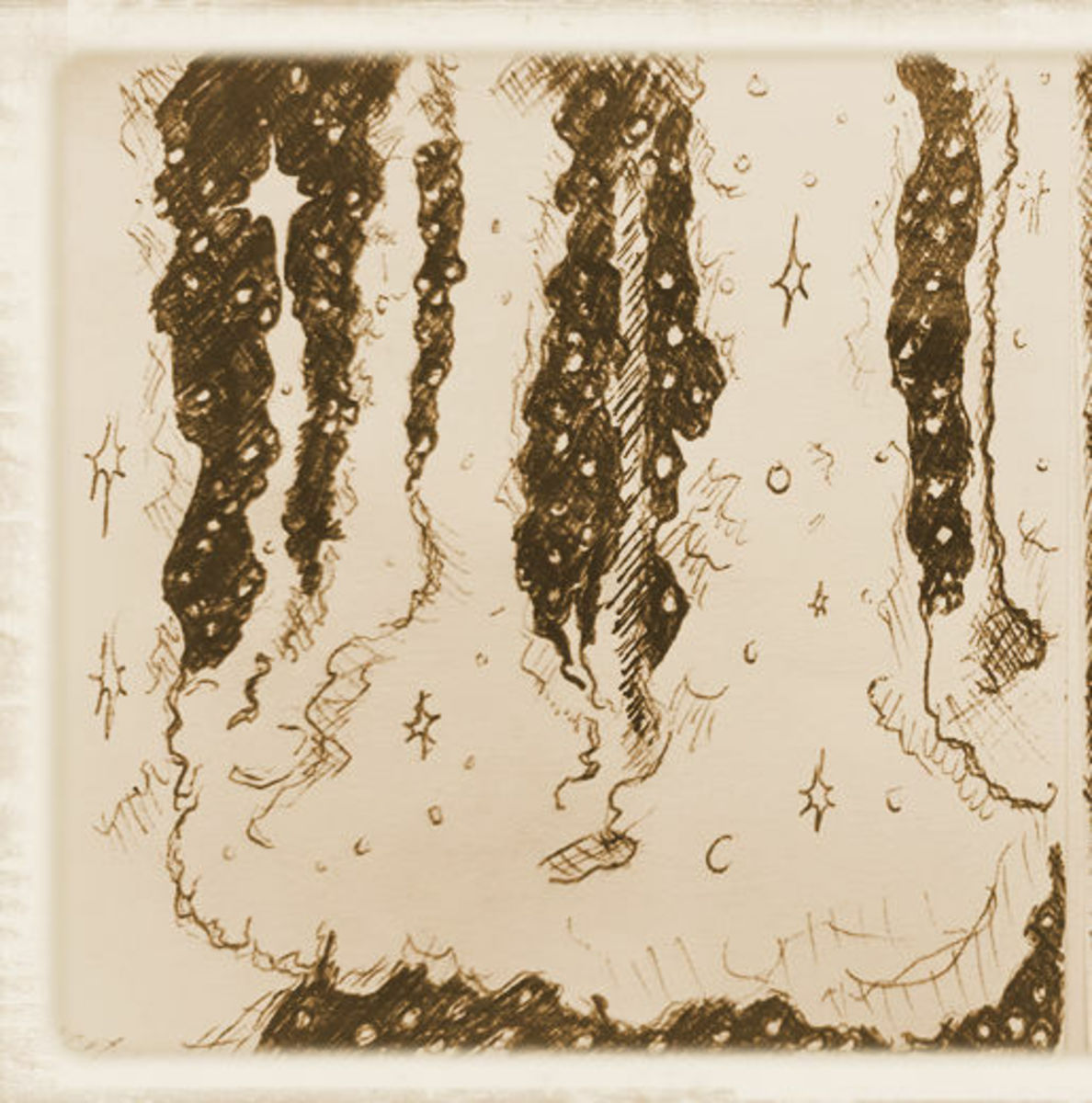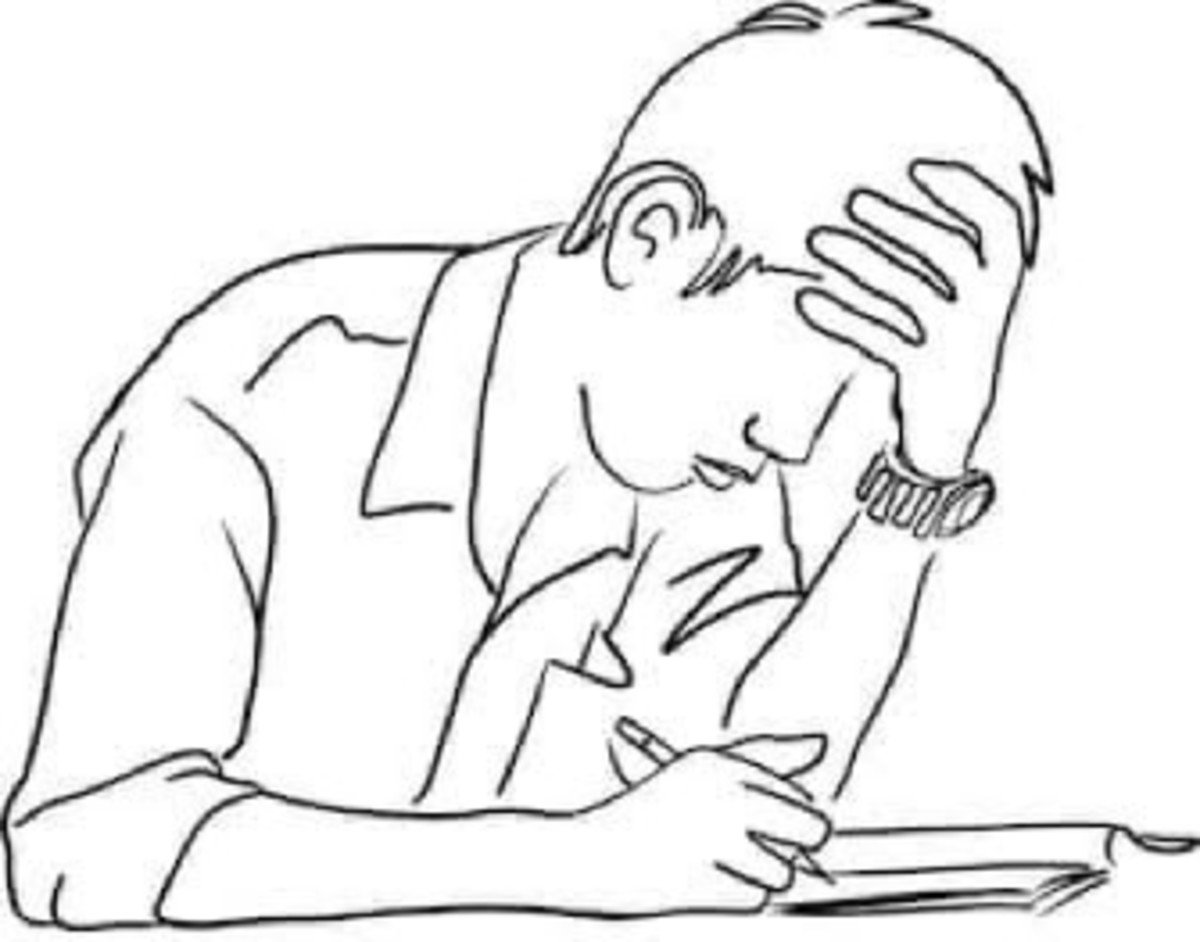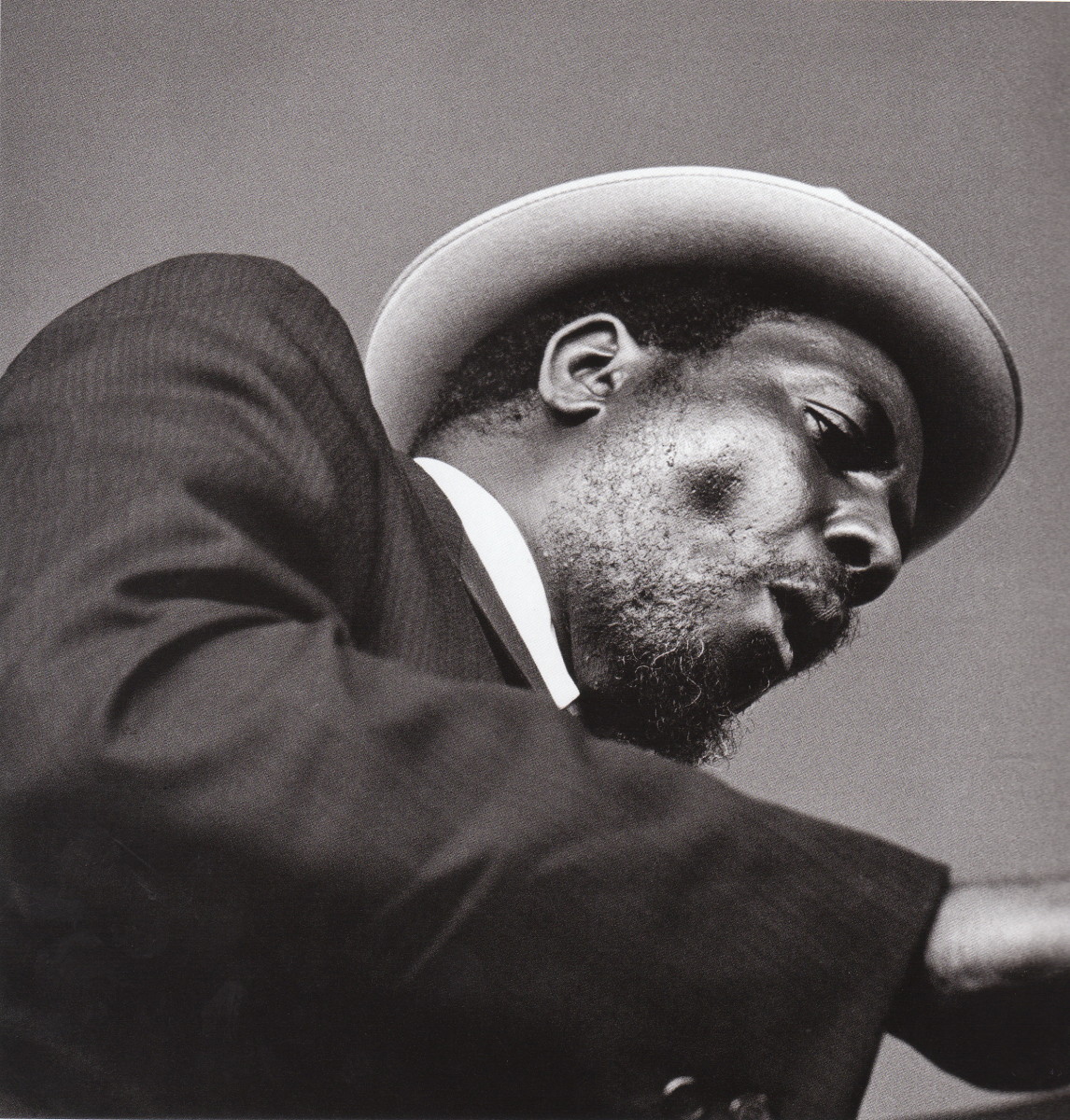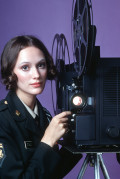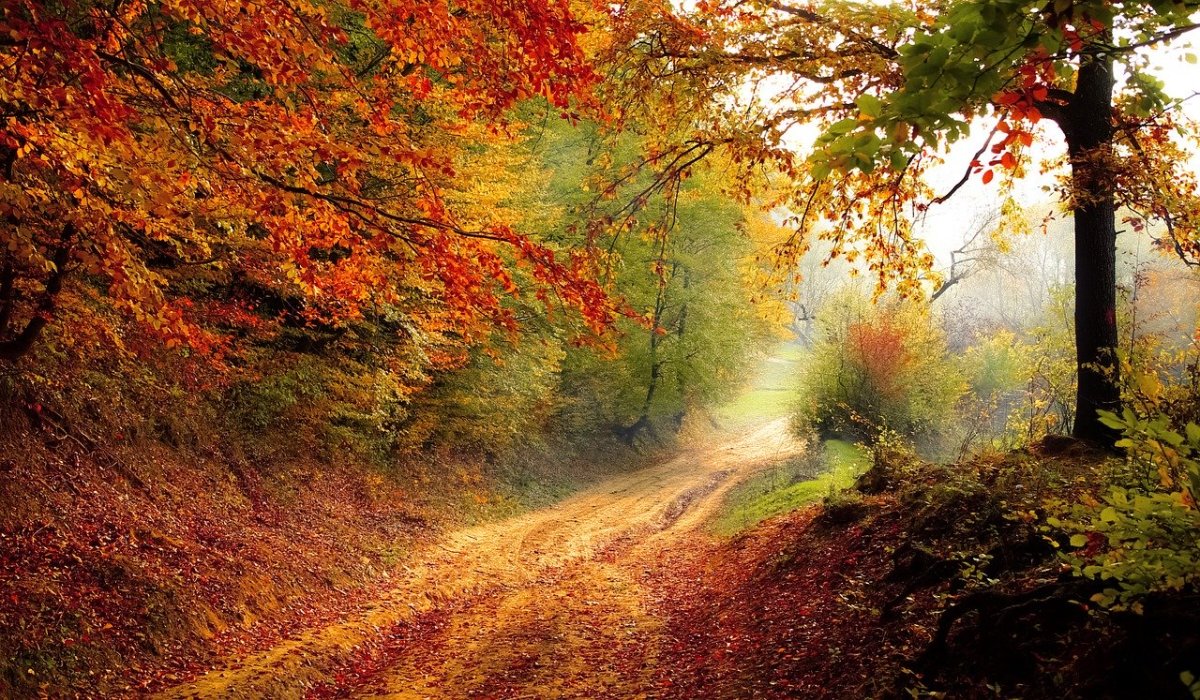- HubPages»
- Books, Literature, and Writing»
- Books & Novels»
- Nonfiction
from A Squandered Life / Music '68
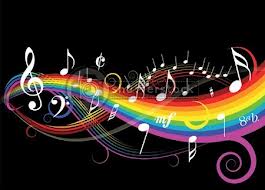
....one that hooks you and then draws you down the capillaries of possibility.
In between times I began to spend a lot of time in the multiplicity of second-hand record shops on the Portobello Road and Notting Hill Gate and Camden Market and Brick Lane, trying to piece together some musical history to fill in the gaps created by the Beatles and all their imitators. Where did they get their inspiration from when these sources had somehow eluded me? How could I have been listening to such rubbish suburban white man's radio when they were picking up, in Liverpool, on the real heartbeat of popular music. I discovered Robert Johnson and Mississippi Fred McDowell, Elmore James and Sonny Boy Williamson, Willie Dixon and Howlin' Wolf. All those British bands had been feeding off this stuff while I was listening to the manufactured white teeth and slick hair and simpering smiles and bland lyrics being pushed by a racist saccharine industry and local radio stations more intent on flogging rubbish and consumer life styles.
Music generally had already made a huge impression on me. My parents were big into classical music and Sunday mornings reverberated to the Brandenburg Concertos and Beethoven and Dvorak. Eartha Kitt and Harry Belafonte's “Swing Dat Hammer” made it through our doors and into our lives, but I couldn't bring myself to take a proper interest in learning an instrument. I'd messed with guitars and ukuleles sporadically but always felt self-conscious and pretentious as millions of my male generational counterparts were doing the same thing and imagining themselves to be more attractive and sensitively appealing to women (come on guys, you know that's what it was all about). Also, I just couldn't get my fingers to play ball with the ghastly nylon strings and wide fret boards of the classical folk-type guitars I was told one had to start out with. It wasn't till I reached my thirties that I discovered electric guitars with really light strings were a hell of a lot easier to play. In the mean time I satisfied myself with a Hohner harmonica which I kept with me at all times but only occasionally tried to blow. I struggled with “Moon River” and “A Summer Place” on a note by frustrating note basis which, only after years, eventually sank in and stayed.
If I had it all to do over again, I would get to grips with music at the very earliest possible opportunity. Apart from the mystery and joy of it, there is the universality of being able to share in its making. As I wandered about I could see how two or more musicians could get together and immediately begin to find ways to co-operate. I imagined I was witnessing one of the earliest aspects of human social evolution. Long before we could share any language, we could always get together and make noises in rhythm and, if that was working out okay, SING.
It was also years before I discovered that, anyway, I wasn't so much a musician as a rhythm junkie. Like our inarticulate forebears, I was simply hooked on that trance space that humans can enter communally when enough of us are together in the presence of an absorbing audio cyclicity - one that starts out simple but gets increasingly complex. One that hooks you and then draws you down the capillaries of possibility.
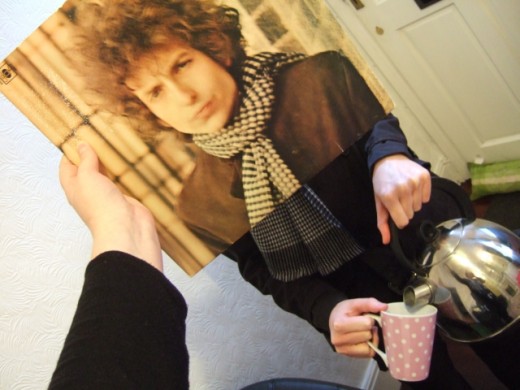
It was at about this time that I got nailed to the wall by“Blonde on Blonde”. It crept into my brain at one of the headphone listening booths in one of those record shops. Always the late developer, I missed it when it first came around. My musical sister, months before, had even pushed it under my nose and said, “Have you heard this?” “Nah,” I said, indifferent to her philharmonic intelligence and to pictures of that skinny guy with his white man's Afro. To be honest, I didn't like his protest phase. The songs were great but I thought his voice and the production were rubbish. But he eventually slipped through my chattering consciousness one day with “cracked bells and washed out horns blow into my face with scorn” and “ghosts of electricity howl from the bones of her face” and I was slaughtered, imprisoned, robbed of my musical independence. The consonantal edges of the elocution, the spitting certainty of that voice, the high flying of the lost Hammond organ and the wailing harp, and the haunting rootsy familiarity of the musical structures cut into my brain like a bread knife. Never a fan or an acolyte or a devotee, I none the less became a dependent. I back tracked to “Highway 61” and “Bringing It All Back” and heard “just to dance beneath the diamond sky” and “you don't need a weather man” and the whole thing spiralled completely out of control.
On a personal note, sure Bob, you just wanted to be a minstrel, a troubadour, and I can see that. You courageously stood your ground on the electric tours. You defied the folkies and the politicos. But our squandered generation was desperate for a voice, and there were others who would gladly have taken your breaks and flung themselves on the pyre of fighting the military industrial complex. You can't blame them for being pissed off. Sure it was your life to live as you saw fit. Sure you didn't want to become anybody's martyr. Sure you had to pursue your muse, but what we and the world needed was a few good warriors with access to main stream media. Instead we got you doing a runner, Mick Jagger poncing about like a ballerina without a clue, Jim Morrison, bemused by adoration, waving his willy, and everybody else getting wrecked on drugs and shagging, with only Lennon and Bob Marley seeing the true potential and acknowledging any responsibilities that might come with the turf.
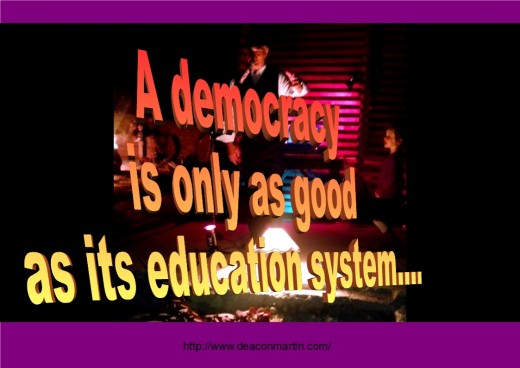
See also....
© 2013 Deacon Martin
